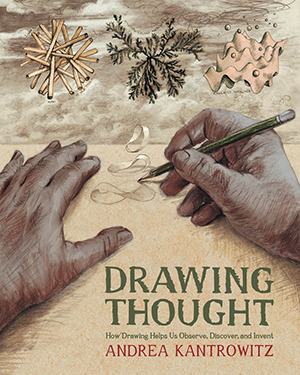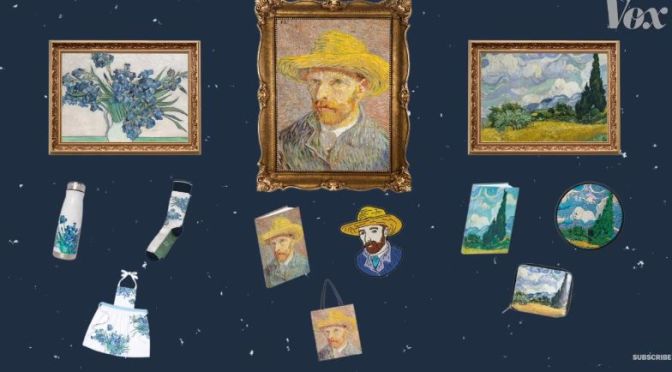The MIT Press – Drawing is a way of constructing ideas and observations as much as it is a means of expressing them. When we are not ready or able to put our thoughts into words, we can sometimes put them down in arrangements of lines and marks. Artists, designers, architects, and others draw to generate, explore, and test perceptions and mental models.
In Drawing Thought, artist-educator Andrea Kantrowitz invites readers to use drawing to extend and reflect on their own thought processes. She interweaves illuminating hand-drawn images with text, integrating recent findings in cognitive psychology and neuroscience with accounts of her own artistic and teaching practices.

The practice of drawing, with paper and pencil or whatever else is at hand, is a simple and accessible means to become more mindful and aware of our inner and outer worlds. Time slows down when we start drawing. Our attention shifts. Setting aside our worries and fears about the future, we can draw ourselves into stillness. Drawing provides an active way to engage deeply with the present moment, locating our thoughts, perceptions, and feelings, in time and space.










